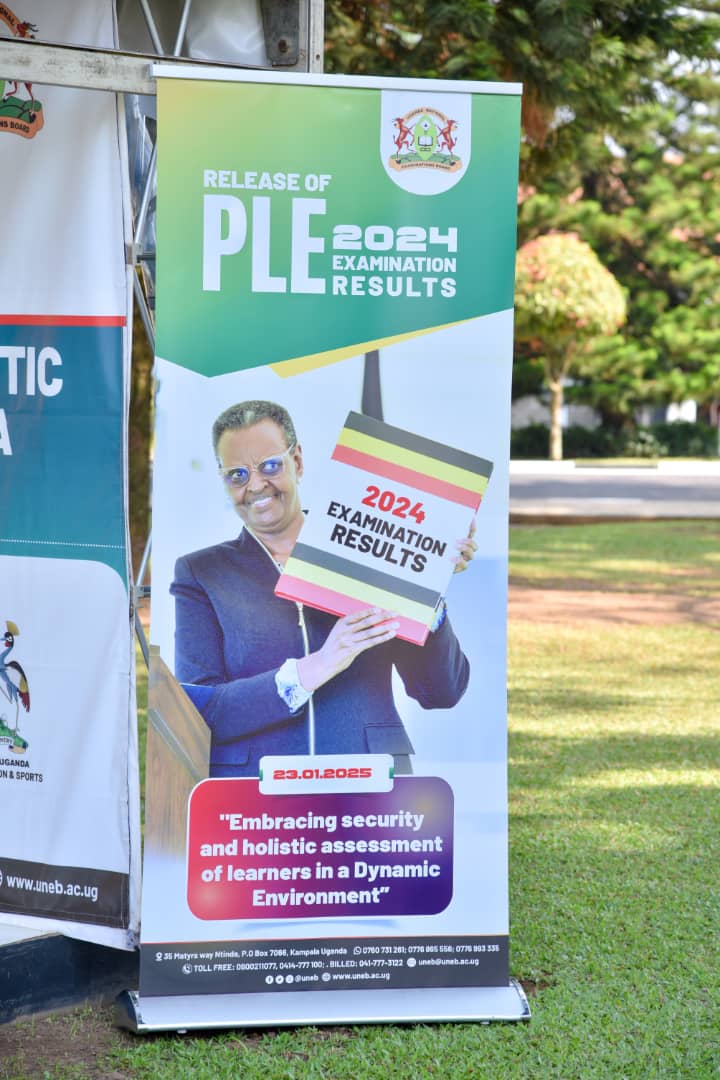Why Janet Museveni and education ministry have banned slams public display of UNEB results
According to the ministry, this change is not just about decorum — it's about the law. Referencing the Data Protection and Privacy Act of 2019, the circular warns that broadcasting a learner’s academic performance without their consent constitutes a breach of personal data rights.

In a bold crackdown on what the Ministry of Education has described as a “violation of privacy,” schools across Uganda have been ordered to stop showcasing individual UNEB results in public spaces — a practice long associated with academic bragging rights.
The new directive, driven by Education Minister and First Lady Janet Kataaha Museveni, marks a significant shift in how examination results are communicated. Effective immediately, schools are no longer permitted to post candidate names, scores, or photos on billboards, social media platforms, or even school compound notice boards.
A circular issued on May 7, 2025, by Education Ministry Permanent Secretary Dr. Kedrace Turyagenda, spells out the terms clearly: no more public glory boards. Schools must now adopt discreet, private means to inform students and parents of their Uganda National Examinations Board (UNEB) results — either via sealed envelopes or secure digital channels.
According to the ministry, this change is not just about decorum — it’s about the law. Referencing the Data Protection and Privacy Act of 2019, the circular warns that broadcasting a learner’s academic performance without their consent constitutes a breach of personal data rights.
“The continued exposure of learners’ personal details causes unnecessary emotional pressure and could even lead to harassment or ridicule,” the ministry warned, highlighting the growing concerns over the mental health and safety of students.
What was once a moment of public pride has now been flagged as a potential legal landmine. The ministry has made it clear: schools that defy this order could face penalties under Section 36 of the Data Protection and Privacy Act.
Furthermore, the use of academic results for promotional purposes — like flashy school banners declaring top performers — has also been outlawed. Schools are instead urged to highlight their impact through non-academic achievements such as co-curricular excellence and community service.
This isn’t the first time the First Lady has raised the red flag. During the release of the Uganda Certificate of Education (UCE) results earlier this year, she criticized the publication of results in newspapers and other public domains, arguing it undermines students’ dignity and breaches data protection laws.
The ministry’s tone is firm: schools need to shift from competitive showboating to a more holistic, respectful approach to education.
“Even general summaries of performance must not identify any individual student,” the circular reaffirms.
While the directive has sparked mixed reactions among school heads and the general public, it sets a precedent for how academic information should be handled in a digital age where data privacy is increasingly under scrutiny.
As schools adjust to this new reality, one thing is certain — the era of parading top scores like trophies is over. Uganda’s education system is taking a quieter, more private path to celebrating success — one that prioritizes the learner’s right to dignity above all else.







